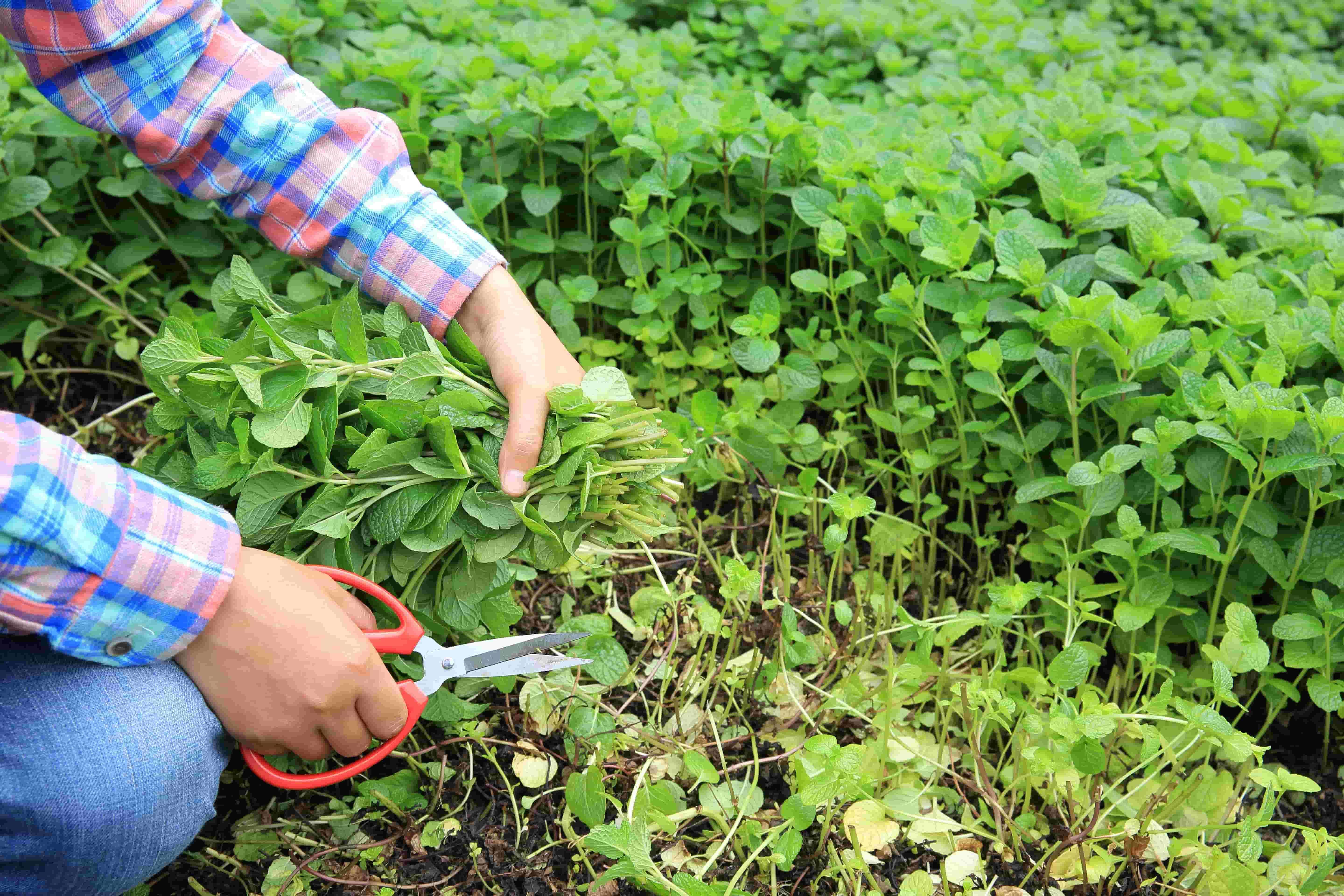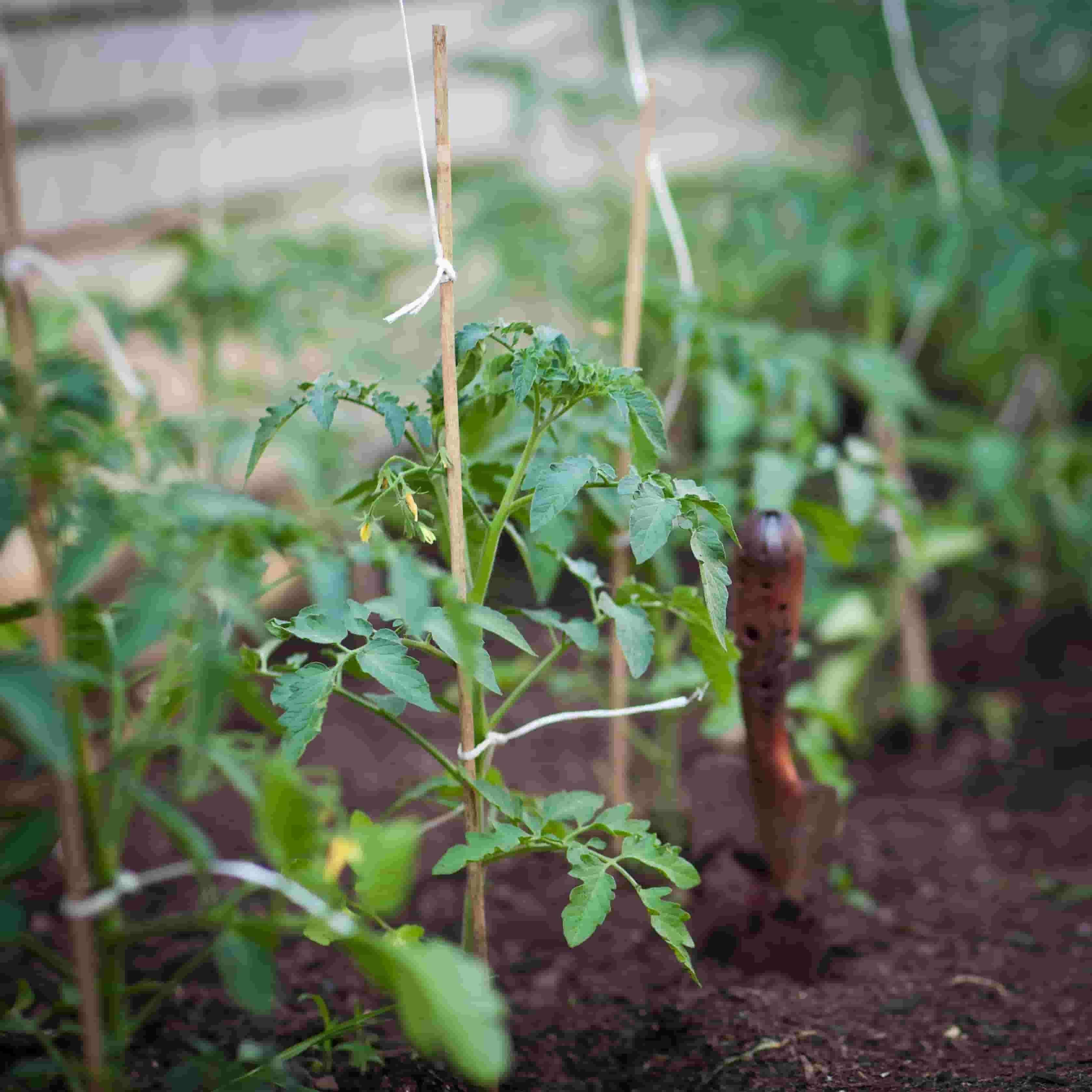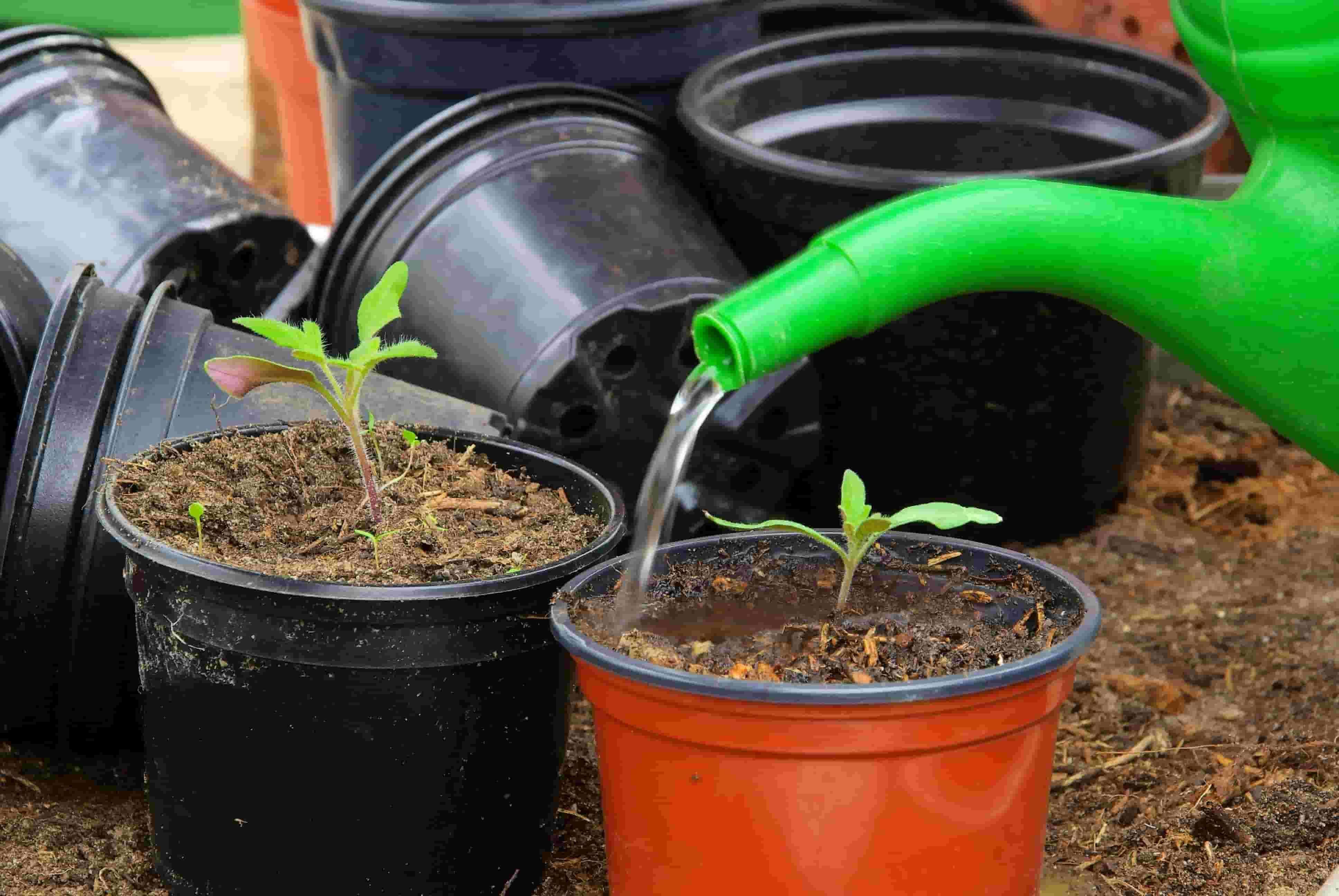Small Scale Farming
What Does Small Scale Farming Mean?

When referring to small scale farming, many would tend to think it has much more to do with the size of the area being cultivated than the practices of cultivation themselves. Small scale farming or small scale agriculture, as it is also known, is essentially an alternative practice of farming, where the farmer embraces the fact that there is a limited amount of resources available (renewable or otherwise) and the fragility of the environment.
Small scale farming incorporates several farming practices, including organic farming where chemical fertilizers and pest controls are not used. Additionally, most organic farmers prefer to use non-GMO seeds, or seeds that are produced naturally by plants and not manipulated genetically. Other practices that fall under the umbrella of small scale farming are permaculture, pastoral and biodynamic farming.

Permaculture reflects an organizational approach to farming, where the landscape is designed to limit human labour input, energy and waste, while creating a synergistic approach to raising crops.
Pastoral Farming usually refers to raising livestock, whereby the herd is moved from one location to another as the seasons dictate the availability of pasture-land and water.

Biodynamic Farming is a type of farming practice that utilizes conservation and a harmonistic approach to agriculture, where the land is kept fertile and healthy through soil management best practices, artificial fertilizers and pesticides are not used. The core principles of the biodynamic agriculture approach include ecology, social and economic sustainability.